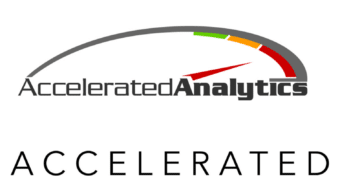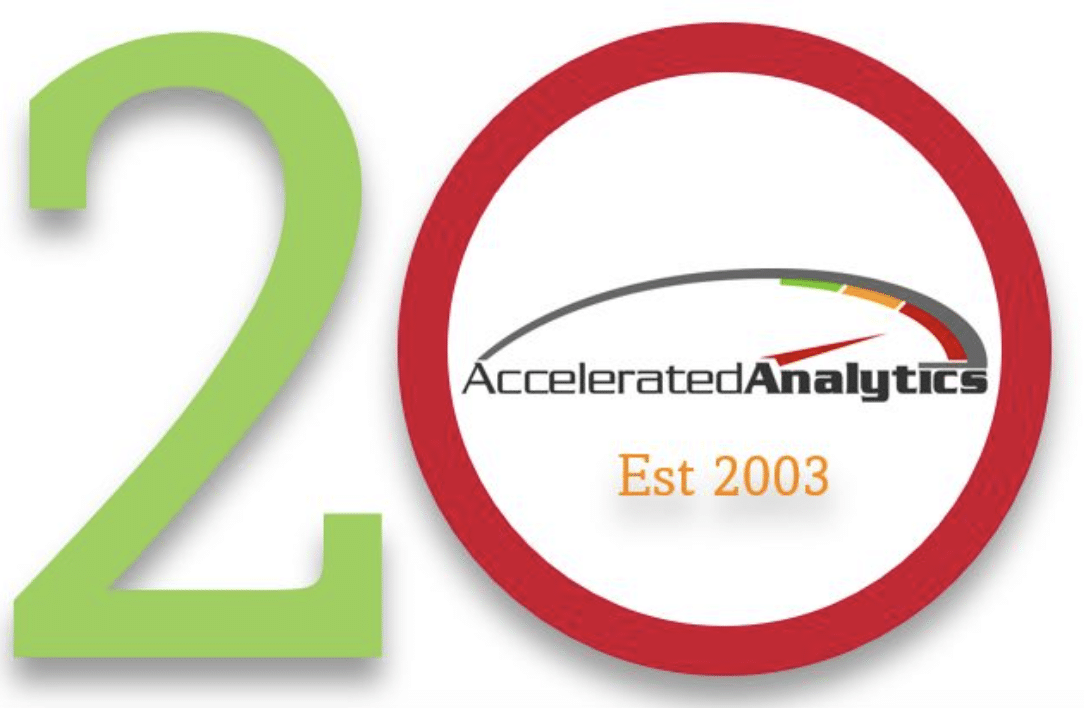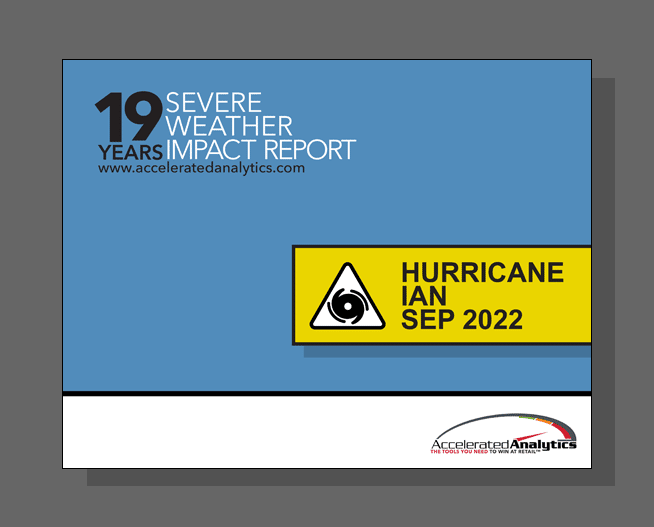Choosing a POS is never an easy decision. With so many POS solutions on the market, it can be a challenge to just pick one. The only thing you can do is evaluate those point of sales systems and choose the one that you feel would be best for your business.
Once you have your POS, the real fun begins, how can you use your POS to collect data and utilize that data to make better business decisions? Let’s talk about those key business decisions.
Decisions Based On Data
Every great business makes decisions based on fact, based on data. If you want to grow your business, you need to know how to collect that data and analyze that data. When you do, your POS data can give you a specific roadmap to follow. A point-of-sale system can be way more than just a way to take payments from your customers. The problem, few business owners are taking advantage of this data provided by their integrated POS.
How Is POS Data Collected?
There’s really two main ways data is collected from customers online. The first way is through your POS system. This type of data collection is called passive data collection, meaning the customer doesn’t have to take action as the POS is what collects the data. This could be anything from information about repeat sales, time of sale, merchandise purchased and even geographic location and demographic data.
We can use passive data collection in a variety of different ways, such as “building a user profile based on their past behaviors with the company or on a company website.” Passive data can also include analytics provided about how much a customer uses a company website;
- Most visited pages
- Average time users spend on a page
- Path to purchase
- What date and time purchases took place
While users, clients or customers may not be taking “actions” on your website, there’s still a lot of different data points you could be collecting. Collected data can be used to implement growth strategies. Data can be used in search engine optimization (SEO) to help your website listings rank higher in Google. Data can be used in your search engine marketing to see what type of keywords are bringing a positive ROI.
Now, active data collection is the complete opposite of passive data collection. Active data collection refers to a customer or user that has took a specific action on the website to provide you with more information about them. This specific data collection can also be managed through the right POS, depending on where users are in the buying cycle.
One of the most common examples of this would be a lead magnet, placing a form on your website that allows users to sign up to an offer or a newsletter. In this case, a user may give you their email, phone number or name in exchange for something. Another example of active data collection is a survey, which are often more useful as you’re collecting specific feedback from the questions asked.
POS Data – How Can I Find It?
Every time your POS is used, many data points are created, giving you a profile of data about a particular customer. There’s a number of different data points you can collect;
- Customer purchasing habits
- Specific products a customer likes
- How often a customer buys from you
While each business and industry will differ on the exact data collected, understanding POS data is one of the most important first steps you can take to leverage it to fuel the growth of your company.
Point of sale data is collected when a transaction occurs. On a small scale, this includes any checkout at a retail store, handheld POS hardware, QR or barcode scanners from apps.
On a large scale, data is collected from groups of retailers, like your ecommerce stores in a specific niche, category, shopping mall data, or even geographical data. A cash register for example, is a micro level data gathering tool in the macro level that is your whole business – this is where multichannel ecommerce is so important and can provide so much more relevant data to help business growth. POS software within POS hardware is where the data magic really happens.
If you’re a small retailer and own a single online store, you won’t need the most sophisticated POS system to get a lot of useful data. It’s more important to choose a POS system that works best for;
- Your specific type of business
- Your specific business goals and needs
POS solutions can differ in a number of different ways, so you’re going to have to choose a POS solution that would;
- Terminal POS – Hardware and software solutions that may include barcode scanners, cash registers and app scanners.
- Cloud-Based POS – online POS systems, often used in conjunction with existing hardware like tablets or computers. Heavily utilized by online stores and ecommerce websites.
- Mobile POS – normally used as payment processing systems, usually adopted by small business owners
The most important aspect with regards to data collection will be that you are able to access the data in a granular and easily readable format.
Why Is POS Data So Important?
Sure, POS data is important but it’s also essential to your success. It is literally the point at which your data collection starts and the foundation for any other data that you collect, no matter if that’s passive or active.
There are many examples as to why POS can be a critical tool for your company to be successful, the most significant of which is inventory management. To run a successful business, you need to know what you are selling. You can’t effectively manage inventory if you don’t know what customers are buying.
You can’t provide your customers with what they want if you don’t know…. well, what they want.
Thankfully, we have our POS data to tell us just that. But isn’t POS data hard to analyze? How can you begin to analyze your POS data to make the right decisions? This is where Accelerated Analytics can help you as POS reporting is what we specialize in. Our POS reporting software takes all your POS data and implements it into an easy to use/read POS report.
If you want to see how this works, we’d love to show you our POS reporting software. Just click here.
Your POS data does you no good if you’re not using it. Too many business owners and executives are leaving big money on the table because they’re not taking a little bit of time to analyze their POS data. Don’t let a few minutes of time each day cost you money, jump on a quick call with us and we’ll show you everything you’re missing.
You could be sitting on a gold mine of data and not even know it!
We touched on how important inventory data is to operating a successful business and helping you make decisions on products. For retail stores, POS data can provide data insights to help you increase foot traffic to your stores. In fact, there’s a wealth of information your POS data can help you with.
Marketing Data is Key
If you don’t know by now, marketing is the key to successfully growing your company. POS data can give you vital insights and information on successful marketing promotions. It can give you data about your specific promos and how they can be improved. It can be used to split test two different landing pages to see what converts best.
Marketing data is essential to your success, we hope you’re using it to make the right decisions and constantly improve your marketing.
With all this data in hand, combined with your POS data, you’re going to get the roadmap to follow that will allow you to make key decisions that will drive sales and growth. If you’re not using it, you’re already behind your competition because more than likely, they’re using it to outpace you.
Customers Are The Most Important Data
Every time you make a sale, your POS system records information about your customer. When a customer buys multiple products, you begin building a history profile that adds more data. This data allows you to engage with your customers at the point of sale.
Why is that important? We want our best customers to buy more, when we know exactly who they are, it allows us to build promotions that will turn your best customers into better customers. We can use rewards and loyalty promotions to reward your best customers.
In other words, POS data can help you create personalized customer service strategies and marketing promotions for individual customers! That is powerful! That is leverage!
It can also help us forecast future demand and sales. It can help us see trends line and help us prepare for holiday sales. Demand forecasting has real important implications when it comes to inventory management. What’s your biggest expense at this time? For 80 percent of you and more, it’s……. “inventory.” How important is demand forecasting? VERY!
You Have Data…. Now What?
We know it can be overwhelming to look at your POS data and think, “where in the world do I start?”
That’s why we’re here.
If you’re serious about making your POS data work for you, reach out to us and jump on a call with our team.


